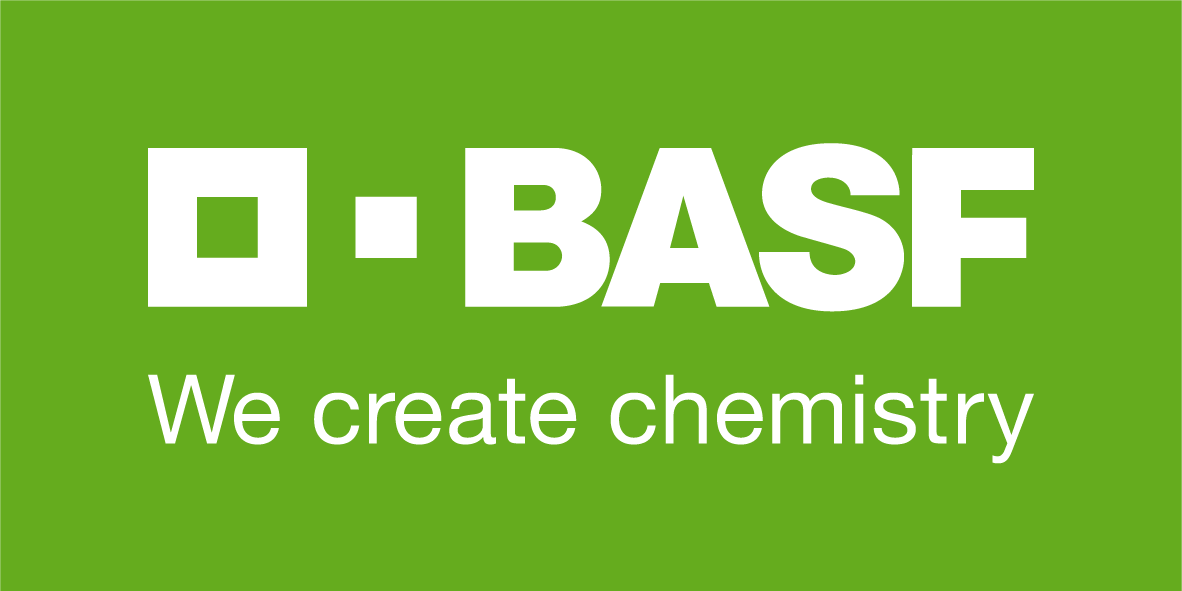Integrated Pest Management highlights the growth of a healthy crop with the least possible disruption to agro-ecosystems and encourages natural pest control mechanisms. IPM is one of the tools for low-pesticide-input pest management, and IPM must now be implemented by all professional agchem users.

Recommended Content
Connected Content
The Yield Enhancement Network (YEN) was launched in 2012 to support and energise on-farm learning-by-sharing and thus to enhance farming progress.
YEN Zero is a recently established network in the ADAS YEN Family, with the overarching aim of creating a net-zero community. It aims to bring key players from across the agricultural industry together to meet the industry’s target of achieving net zero emissions by 2040.
Supporting farmers with robust design and analysis of on-farm experiments in tramline trials.
Diseases infect susceptible plant hosts, where environmental conditions favor disease development. Infected crops achieve lower yields and the quality of the produce can also be affected.
The Cereal YEN was established in 2012, and is the longest-running Yield Enhancement Network.
OFC 2023 will explore systemic solutions to the cumulative biodiversity, climate, food and energy crises that collectively we are facing, with optimism and determination not to repeat the mistakes of the past.
Roger Sylvester-Bradley Tuesday 31st January 2023 It’s news across the world – the biggest wheat crop ever grown, yielding 18 tonnes of grain per hectare! This is fantastic, and laudable in all respects, but it’s no accident.
The IPM Decisions project will create an online platform that is easy to use for the monitoring and management of pests. Access the platform now at https://platform.ipmdecisions.net/
A range of digital technologies promise to transform agriculture, including sensing, robotics, artificial intelligence, wireless networks & IoT, big data, decision support tools, modelling, digital twins and precision farming.
Understanding how to drive performance of pea crops, by sharing measurements, experiences and ideas
Guide published by BASF and AHDB, written with ADAS & Rothamsted, providing a complete reference book for cereal diseases.
Establishment in Oilseed Rape key - this extension to the Oilseed YEN aims to encourage growers to share what works in successfully establishing OSR crops, with a 'Beauty Contest' to make it fun.
The encyclopedia of oilseed rape diseases is a guide that was created by ADAS and BASF to help growers identify and understand diseases of OSR. As well as highlight emerging threats such as Verticillium wilt and raise awareness of other economically damaging diseases.
Scientific paper in Field Crops Research published by the ADAS Agronomics team reporting experience working with BASF Real Results farmers conducting around 50 on-farm Line Trials per year.
Now in its 10th year, the CropTec show combines industry-leading exhibitors, the latest machinery and technology, networking and discussion opportunities as well as valuable updates on developments across the arable sector. Tickets are free and available now by registering at www.croptecshow.com.
Scientific paper just published: Roques, S., Kindred, D., Berry
Fungicides are a type of agrochemical used specifically to kill fungal pathogens or inhibit the growth of fungi and the spores that they produce. They full under the umbrella of plant protection products (PPPs), also referred to as pesticides, along with other agrochemicals such as herbicides and insecticides that target weeds and insect pests respectively. Prior to the development of fungicides, there are many historic cases of pathogenic fungi devastating crop yields - one of the most famous being the Irish Potato famine of 1845-52. This was caused by the potato late blight fungal pathogen Phytophthora infestans which today still causes massive losses to agriculture globally, although management by fungicides is now an important component of control. A wide variety of fungicides exist with various modes of action (MOAs) to effectively control many fungal diseases including mildews, rusts, blights and leaf spots. A threat to modern agriculture is the development and spread of resistance to such fungicides amongst fungal populations.
BASF Real Results Circle (https://basfrealresults.co.uk/) has been running since 2017, bringing together 50 farmers and supporting them to test decisions on-farm.
To facilitate discussion at ACI European Mineral Fertiliser Summit
Agrochemicals are chemical products used for agricultural purposes. Although agrochemicals have high input costs, they are widely used in the farming industry for their beneficial effects on crop yields and quality and associated reduced labour costs. Together with advances in agricultural machinery and infrastructure, the use of agrochemicals played a large role in the Green Revolution. This was a period in the 21st century in which the spread of various agricultural technologies led to greatly increased yields and production globally. However, a number of concerns around agrochemicals exist including negative effects on human health and the environment and the development of pest populations that are becoming resistant to them. A major challenge of modern agriculture is to try and reduce reliance on agrochemicals whilst continuing to increase yields and feed a growing global population.
The Oilseed YEN network is striving to help the whole industry to successfully grow Oilseed rape (OSR) and Linseed from start to finish – providing a better outlook for both crops into the future.
BASF are running a series of 3 short technical webinars, bringing together experts and industry specialists. We`ll be discussing barley and wheat disease control, but also nitrogen efficiency and return on investments.
YEN Friday 3rd January 2023 Russ McKenzie awarded YEN's Innovator of the Year in 2022 at the 10th Anniversary YEN Conference.
Sarah Clarke Friday 3rd January 2023 Excellent grain quality as well as high yields were celebrated at the YEN 10th Anniversary Conference, with the Milling Quality Awards sponsored by UK Flour Millers. All UK Group 1 milling wheat entries were eligible for this competition, a total of 20 for 2022.
This September 26-27, 900 international agri-food professionals are heading to London for two days of panel discussions and networking to accelerate the transition to sustainable and resilient agri-food systems.
Perhaps due to lower cropping area, resources for fundamental research of peas in the UK has lagged behind that of the major crops. This means that whilst we have fantastic agronomy guides from PGRO, some of the things we take for granted for the major crops such as crop development growth benchmarks don’t exist for pulses. In 2016 an enthusiastic group of growers and industry sponsors, steered by ADAS and PGRO, stepped in to help bridge this gap for combining peas with a participatory network approach.

